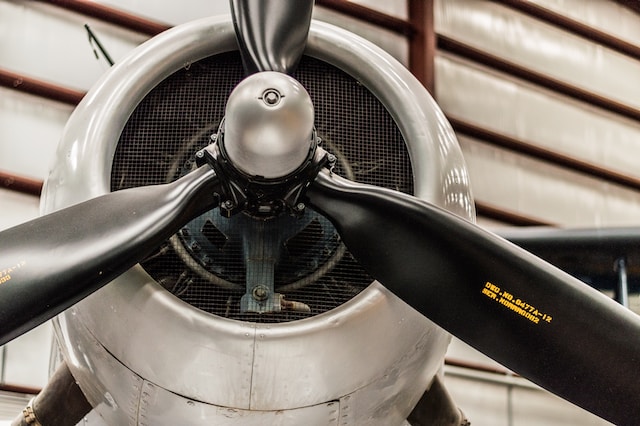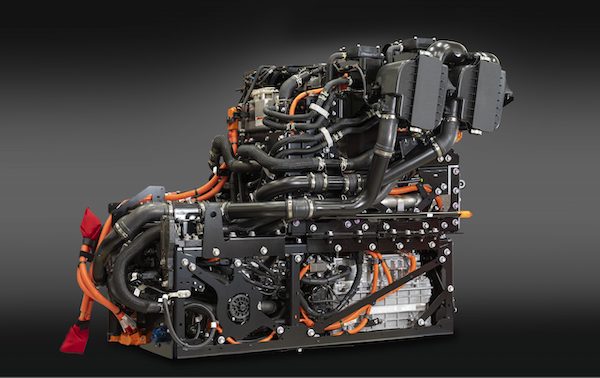Developing an affordable and healthy sugar alternative is tough due to challenges in raw material cultivation, extraction, purification, stabilization, and scaling up production, which require specialized equipment and expertise.
Now, scientists at the University of California, Davis (UC Davis), in collaboration with the Mars Advanced Research Institute, have made a “significant breakthrough” in producing low-calorie sugar substitutes such as allulose. Their discovery is expected to reduce production costs, potentially facilitating wider adoption of these alternatives.
Allulose also known as D-psicose, is a safe and healthy alternative to table sugar. It is around 70% as sweet as sucrose, but it undergoes minimal metabolism as it traverses the body and does not raise blood sugar levels. This makes it a good option for people with diabetes or prediabetes, as well as those who are trying to lose weight or reduce their sugar intake.
A more efficient way to manufacture allulose
Researchers have harnessed a natural process in microorganisms to create a technique for high-yield and high-purity production through precise fermentation. They believe that this breakthrough has the potential to significantly improve the affordability and accessibility of these products.
Through metabolic editing, researchers have made cells convert glucose into allulose with exceptional efficiency, achieving a yield of over 60 percent and a purity of over 95 percent, surpassing existing production methods.







